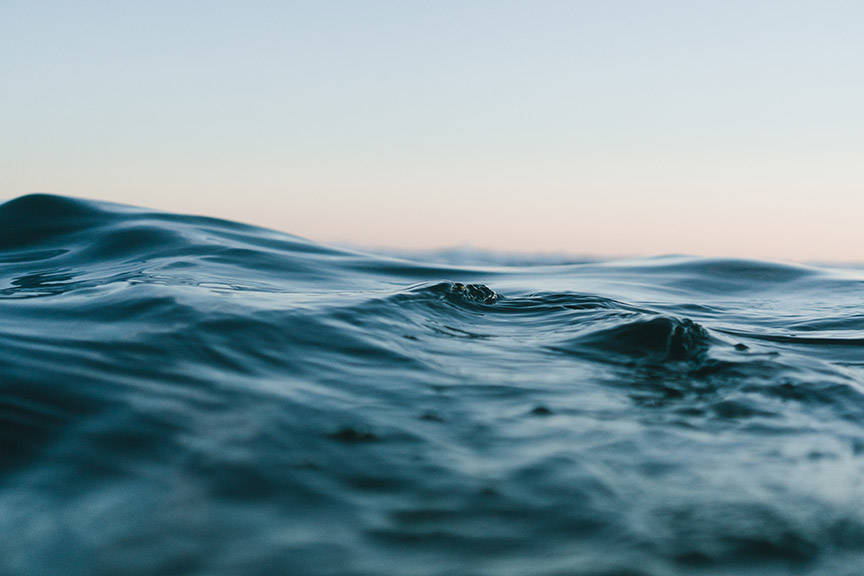As a longtime resident of Alaska and a staunch advocate for protecting some of the ocean’s most special places, I was encouraged to learn that NOAA is hosting a series of what it is billing as “listening sessions” throughout the country to discuss the Department of Commerce’s new five-year strategic plan. These listening sessions are an opportunity to explore the most serious threats facing our oceans today — threats that are putting Alaskans right at ground zero. Priority issues include the proposed lease sales for oil and gas drilling in the Beaufort Sea, efforts to weaken federal fisheries management, and, perhaps most urgently, the challenges facing Alaska as a result of sea-level rise and climate change.
As the last line of defense when it comes to protecting our oceans, NOAA, under the leadership of Assistant Secretary of Commerce Timothy Gallaudet, is the perfect agency to be leading these discussions and mapping a plan for addressing these challenges. Unfortunately, the posted agenda indicates NOAA has developed a series of “listening” sessions that seem to ignore many of these most pressing concerns.
Alaska is warming at about twice the rate of the rest of the United States. Higher ocean temperatures have resulted in less offshore ice, allowing storm surges and waves to hit with greater force and cause more flooding and erosion. Melting glaciers and warming ocean waters have led to rising sea levels, and the increased volume of water only increases the impact of these storms. The U.S. Army Corps of Engineers has identified at least 31 Alaskan towns and cities at imminent risk of destruction — people’s homes, businesses, and everything else they have worked for will be lost. As our last line of defense, NOAA should be leading the way at this critical time.
Yet the public notice regarding the session set to take place here in Juneau this Friday indicates the bulk of the conversation will focus on the Blue Economy and opportunities to promote marine commerce, fisheries and tourism. While these issues are critically important to the economy of Alaska, the dislocation of communities from sea level rise will upend the lives and livelihoods of thousands of coastal residents, many of them Native Alaskans living a subsistence lifestyle. Further, with a presentation by Admiral Gallaudet and several panelists, followed by a roundtable discussion among those same panelists, the small window of time left for public comment is clearly insufficient given what is at stake. Calling this meeting a “listening session” seems misleading when the Agency and invited speakers will be doing most of the talking.
To ensure we are able to enjoy all the economic benefits of healthy oceans now and in the future, we need to be talking about all the threats that they — and we — face now. I urge NOAA to reassess its priorities and broaden this conversation to address the impact of climate change on our oceans and coastal residents.
Alaskans are concerned about more than growing the Blue Economy in the short-term. We live it every day. What we need is a government that will listen to all our concerns — including the long-term threat to Alaska’s economy and coastal residents posed by climate change.
• Jay Nelson is a resident of Juneau. He formerly worked for the Alaska Legislature and the Alaska governor’s office on ocean resource issues and established Global Ocean Legacy, a project of the Pew Charitable Trusts aimed at advocating for the designation of protected marine reserves worldwide. My Turns and Letters to the Editor represent the view of the author, not the view of the Juneau Empire.

